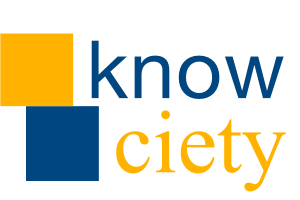Business is more and more becoming a “platformed” world. More and more of the largest companies (based on market capitalization) are platforms. For an economist, of course, this development is not surprising. Platforms exhibit massive economies of scale (supply-side and demand-side economies of scale/network effects) and, thus, are inherently driven towards fast growth.
Many business leaders are now confronted with competition from platforms and soon realize that it is very hard to fight against platforms. So some of them are thinking about becoming a platform themselves. But be well aware, that platforms need a much different management than conventional businesses.
